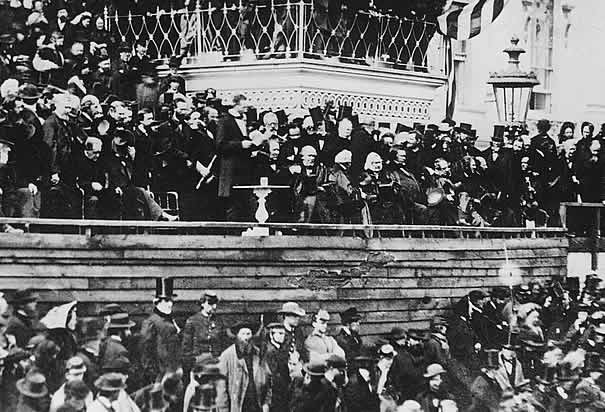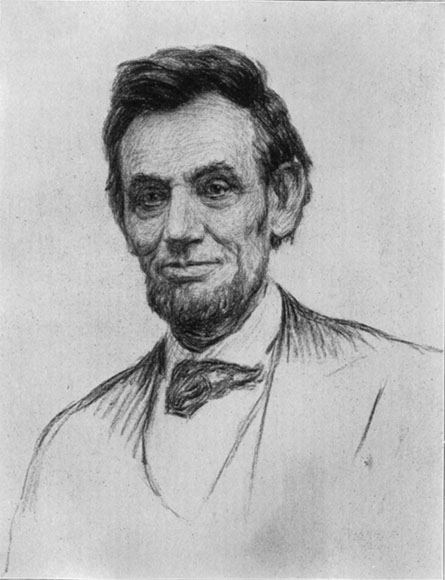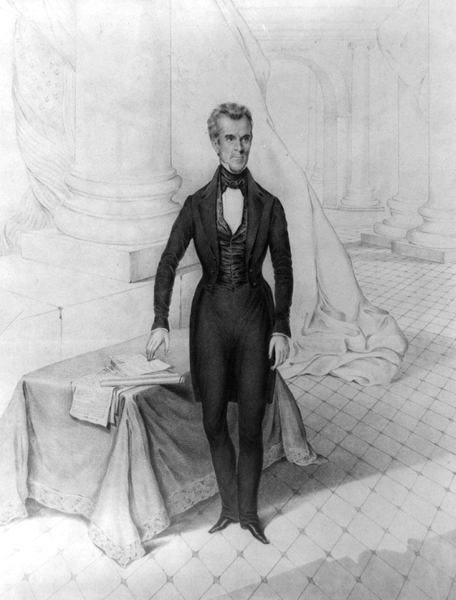
1) What concepts are included in the Mayflower Compact?
Concepts such as political unity and democracy are included in the Compact. It says that that they will meet to enact "just and equal laws" for the betterment of the colony. It also says they will meet when convenient for the general good of the colony, for which they are meeting. Meaning that the laws they are going to make will benefit the colony, so the colony is there to benefit itself, not for the gain Great Britain.
2) How does the Mayflower Compact reflect and attachment to both the "Old" and "New" worlds?
The Compact reflects the "Old" world in the very beginning and at the very end, when the Pilgrims reflect their allegiance to King James, Great Britain, France and Ireland. They call the king the "Defender of the faith" showing the respect they still have for the king and their total allegiance to Great Britain, even though they are on the other side of the ocean. However, the Compact also says that the colony will meet and create laws at their own disposal for the benefit of the colony. So while the Pilgrims still considered themselves British they were politically separate from the crown and were capable of running their own system of government separate from Britain, showing their attachment to the “New” World.
3) How did the Fundamental Orders of Connecticut differ from the Mayflower Compact?
The Fundamental Orders differed from the Mayflower Compact in the respect that the Fundamental Orders laid out a clear and detailed plan on how the government of Connecticut was to be set up and run, down to the election times and when the General Assemblies would meet. The Mayflower Compact was just a rough idea of what the Pilgrims were going to do. The Compact has no mention of a specific law making body and simply states that colony would form its new laws when they needed to. Also the Mayflower Compact also seems to point in the direction of democracy where everyone in the colony would meet to discuss the laws and ordinances, while the Fundamental Orders sets up a republic where elected officials are sent to the General Assembly instead.
4) What prompted the colonists of Connecticut to take this approach to government, i.e.: use of a written Constitution?
The colonists of Connecticut were prompted to take this approach to government in order to stabilize their new colony and officially establish it. By writing the Fundamental Orders of Connecticut it combined several towns, especially Windsor, Hartford and Wethersfield, into the colony of Connecticut stabilizing the area and giving it more political influence in the area.
5) In what significant way(s) does the Fundamental Orders reflect a fear of and safeguard against the usurping of power by one person or a chosen few?
The Fundamental Orders reflect a fear of one person having too much power by creating committees that can overrule the governor. This includes magistrates, public officers and many others who the governor needs to pass serious legislation. The General Court for example consists of the governor, only four magistrates, with the main amount of people there being deputies from surrounding towns. Combine this with the fact that the elections happen every year and a governor can only serve for two terms means that no one can stay in office very long, especially not a lifetime like monarchs can.
















+%26+sons.+Maryland+Historical+Society..jpg)




